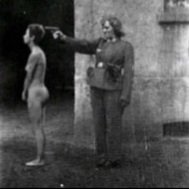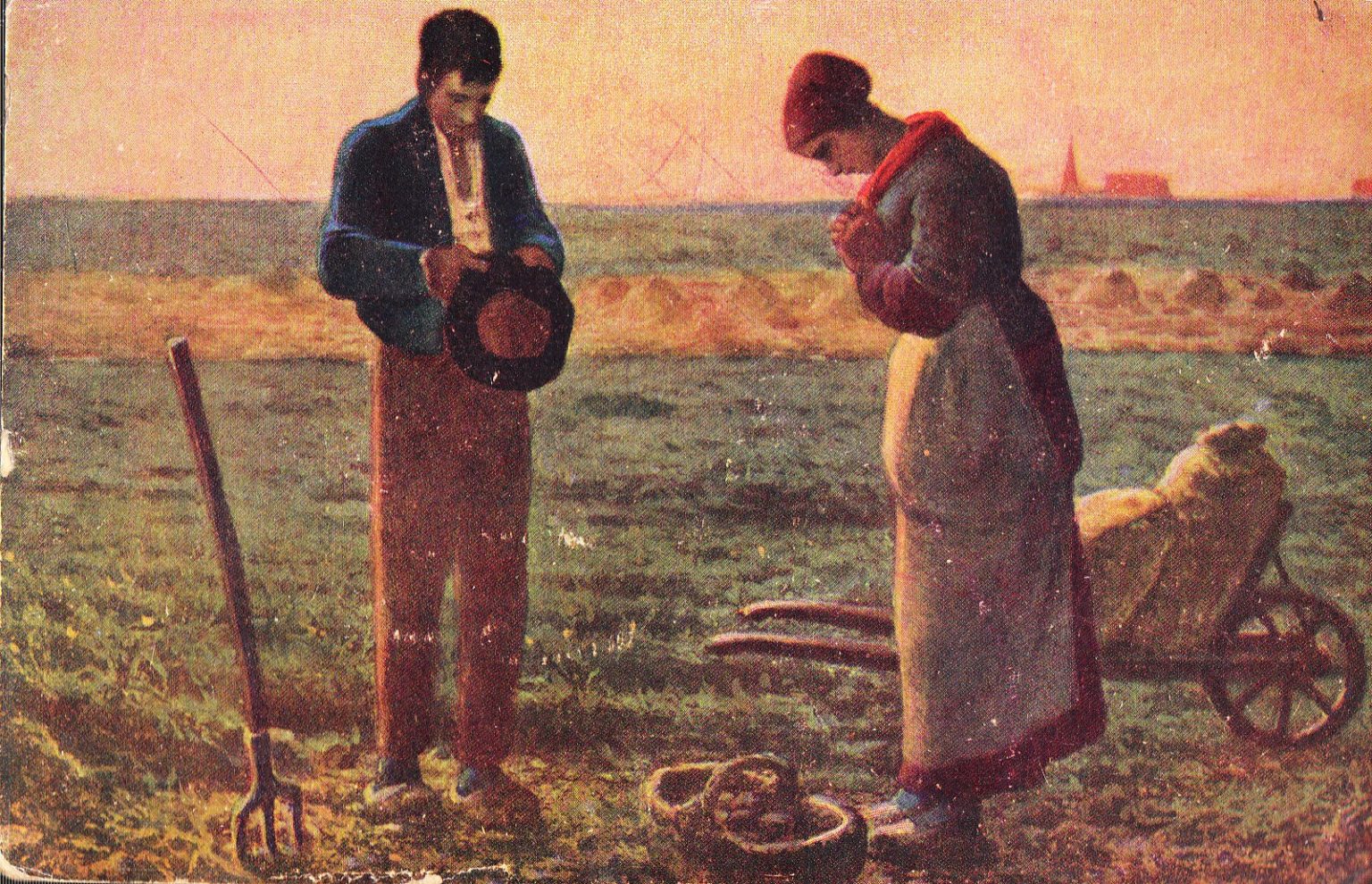“In Belgium there are many towns whose cemeteries today have rows and rows of memorial stones inscribed with a name, the date 1914, and the legend, repeated over and over: “Fusille par les Allemandes” (shot by the Germans). In many towns are newer and longer rows with the legend and the date 1944.”
In both the First and Second World War Belgium drew the short straw, just a patch of land invading Germans had to pass through in order to get to Paris in order to defeat the French. In both instances, Belgium was a world-recognized, self-declared “neutral” nation.
It’s instructive to take note of just how, when the whole world is at war, the winning nations actually treat violations of the laws of war such as bombing civilian targets, and the killing or torturing of civilians and prisoners of war. And of course, in the Second World War there were also the Jews, and the Gypsies, even Slavs, who had special camps set aside, including a few death camps once the eradication of Jews had been decided on by the Nazi leadership in 1941-42.

Of course in both World War I and World War II, the Germans lost. So the first rule of punishing war crimes is that there has to be a clear winner and clear loser, and the world has to generally agree who the good and bad guys were.
Let’s see how that worked out in the past, for, in Ukraine these two conditions have not yet been met, and, in a world no longer holding onto fixed stars to define the exact standards of what is good and what is not good, and how Nature is apt to judge them for purposes of determining who it will provide the limestone, gravel, and grading equipment to pave a survivable, peaceful future, this is important.
Interestingly, because of the world shock about the Holocaust in 1945 (they were only rumors before ’45), most of the war crimes trials that resulted in death penalties were directed at the death camps and their sadistic commanders. Most military officers who perpetrated war crimes in the field were generally tried and sentenced to prison. For Americans, the most famous was the Malmedy Massacre, where a US unit surrendered to a Panzer group in a hurry to get to Allied gas depots in the opening phase of Battle of the Bulge, Dec 1944-Jan 1945. It was designed to be the surge that would reverse the war and its spearhead was a Panzer group headed by General Joachim Peiper. At Malmedy (shown) his troops machine-gunned 84 US POW’s, then shot them in the head, then continued their race ahead, killing a total of 362 American POW’s and 111 Belgian civilians before they finally ran out of gas and lost and lost the battle. Peiper, along with several more German officers, were tried and convicted in 1946 at the Dachau concentration camp for war crimes even tho he had never pulled a trigger. His sentence was commuted to 35 years in 1954, and he was released in December 1956.

Debates have gone back and forth for 60 years about the legal culpability of the man who gives the order, and the man who carries it out.
But in 1914 no such thinking existed, when the invading German military officers made no pretense at justifying killing civilians that got in the way.
General von Hausen, commanding the Third Army, found like von Kluck, that the “perfidious” conduct of the Belgians in “multiplying obstacles” in his path called for reprisals “of the utmost vigor without an instant’s hesitation”. These were to include “the arrest as hostages of notables such as estate-owners, mayors and priests, the burning of houses and farms and the execution of persons caught in the act of hostility.”
Then the kicker:
The German campaign of reprisals was not a spontaneous answer to Belgian provocation. It had been prepared ahead of time, and was designed to save time and men by cowing the Belgian people quickly.
In summary the proclamations posted around towns concluded:
“For all acts of hostility the following principles will be applied; all punishments will be executed without mercy, the whole community will be regarded as responsible, hostages will be take in large numbers.”
These quotes are from Barbara Tuchman, in her 1961 classic The Guns of August, where she concludes, “this practice of the principle of collective responsibility, having been expressly outlawed by the Hague Convention (1907)…” (interestingly the Convention was the child of Abraham Lincoln’s Lieber Code of 1863, which set out codes of conduct by military in areas of martial law).
It was not signed by Germany even then.
The only man the winners of WWI sought to try for war crimes in World War I was Kaiser Wilhelm, but he took refuge in the Netherlands, and the Dutch refused to give him up. And the new League of Nations would be of no help. Wonder what the New York and London press had to say about that? Or the fact that 100’s of officers failed to be tried because the winners couldn’t agree on charges and punishments, in large part because their own officers had committed similar crimes, but gone uncharged.
I doubt much has changed today; too many dirty hands. The Natural Law questions asked here, then, is when does a state with dirty hands behave as if those hands are lily-clean while continuing with dirty work. “Hypocrisy is the homage that vice pays to virtue, (Rochefecould)” is restatement of Natural Law that virtue must be upheld, even if you must sneak to attain a good. The trick to understanding that is the Nature decides if what we have done is good, not our followers on Twitter.





